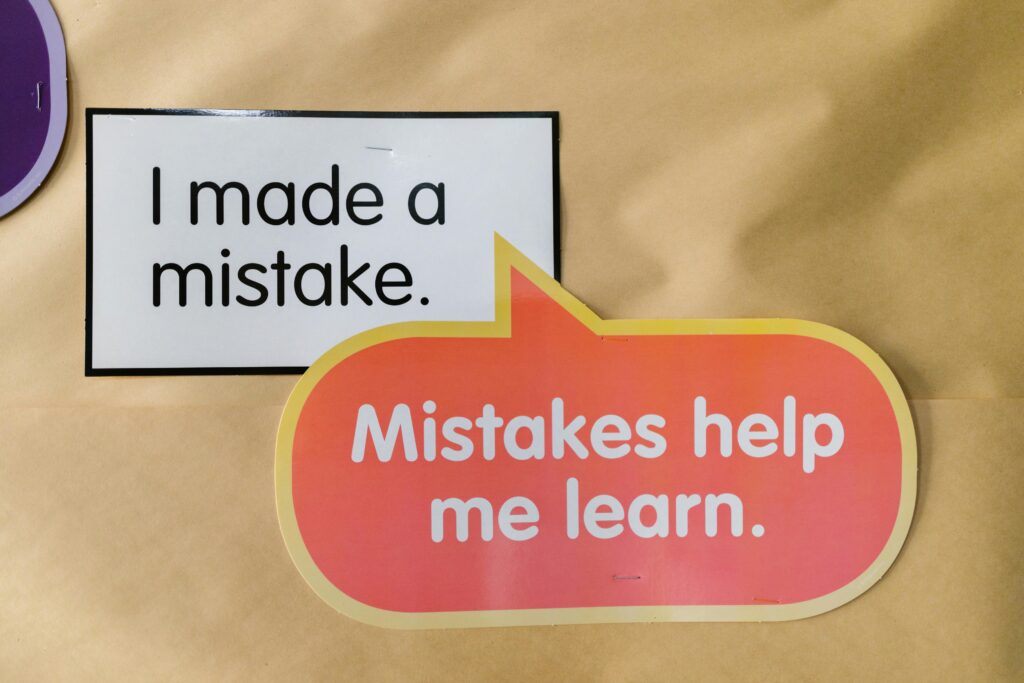Learning From OHP Science Failures
SOHP Science Networking Event Session Summary
Blog post by Lacie Barber

SOHP’s Scientific Affairs committee hosted a series of virtual Science Networking Events in Fall 2022 that brought together researchers to discuss a variety of occupational health psychology topics with networking opportunities. This blog summarizes highlights from the following event:
The Shadow CV – Learning from OHP Science Failures
Kevin Kelloway & Paul Spector
September 14th, 2022
Event Introduction
Even researchers with the most impressive research programs have a trail of broken research dreams lurking in their “shadow CV.” The shadow CV represents a variety of research mistakes and tough rejections that never make it onto our official CVs.
It’s common for early career researchers to get discouraged by these setbacks, so we invited some experienced researchers to discuss their shadow CVs and lessons learned to inspire others to persist in their darkest research moments. Our two panelists included:
- Kevin Kelloway – Saint Mary’s University
- Connect on Twitter @OHPsychologyca
- Paul Spector – University of South Florida
- Connect on Twitter @PaulESpector
This session was hosted by Lacie Barber and Gloria González-Morales. Other Scientific Affairs committee members include Rebecca Brossoit, Katrina Burch, and Courtney Keim.
Discussion Highlights
The transcript excerpts from below have been lightly edited for brevity or interpretation.
On failed intervention studies and publishing…
- Kevin – The common thread (of my failed interventions) is the companies or organizations weren’t really invested in the study or the results. The worst case where I did all of my part but didn’t get any data back…or got just enough data to be annoying…like twenty questionnaires. But I mean, we’re still trying. We have some more data, the same intervention, and a company more invested in the results this time. Hope for success, plan for failure. Have a backup plan, and I know it sounds cliche but you just keep trying it.
- Paul – The positioning and how you frame things is really important (for publishing in a journal). When it comes to the review process, maybe the science isn’t as important as the story you tell and how you frame it. Just keep at it, and maybe you have to add a second study to it in order to get it. I found that it’s best just to let chips fall where they may. I’ve had papers of null result studies published. It’s a little more challenging, but it’s not impossible. People exaggerate how hard it is to publish a paper that doesn’t have significant results. You just have to convince the reviewers that your methods are thorough enough that you gave it a good test.
On why it’s ok to sometimes fail at teaching or striking out on the academic job market…
- Kevin – It’s happened a couple of times when I’m teaching multiple sections of a course that one section just hates me. I don’t know why, and it just doesn’t go well, and it’s torture all semester, and I have never figured out the dynamic. That’s going on because I don’t have that many jokes. I’m telling the same jokes in both classes that they land in one class and not in the other.
- Paul – (When they hired somebody else for an academic job)… That seemed at the time like a devastating setback, but in fact, it wasn’t. I spent five years as a practitioner where I got to practice the things that we learned about (before my faculty job). For me it’s worked out really well and what seemed at the time like a setback really was an opportunity. When things happen that you think are terrible and setbacks, that a lot of times is just an opportunity to do something else.
Watch the Full Discussion
SOHP members can access the full session recording here. If you aren’t yet a member, please consider joining to access these recordings and other great SOHP membership benefits!

Dr. Lacie Barber is an Associate Professor in the Department of Psychology at San Diego State University. Her two main areas of research explore (1) how virtual work affects work-life balance and (2) the role of employee health behaviors (especially sleep) in managing workplace stress. She is particularly interested in how organizations and employees can optimize the benefits of workplace technology while reducing the psychological costs of heightened connectivity.
Lacie practices OHP work recovery principles in her own life by getting out into nature (i.e., weekly walks by the Pacific Ocean) with her family and enjoying a good nap after delicious fish tacos. She also regularly uses the do-not-disturb setting on her smartphone and schedules emails to reduce telepressure for herself and others when working virtually.
